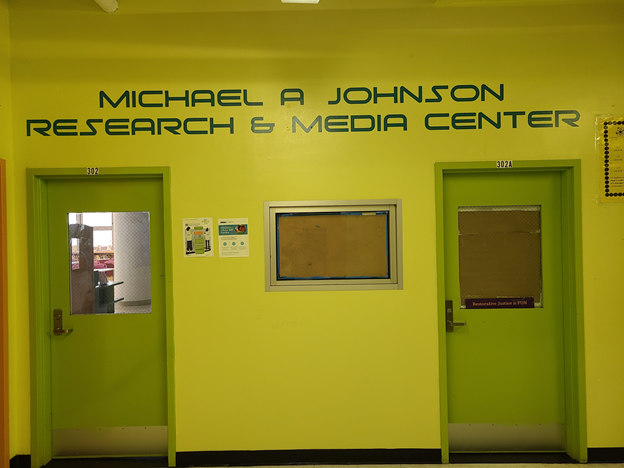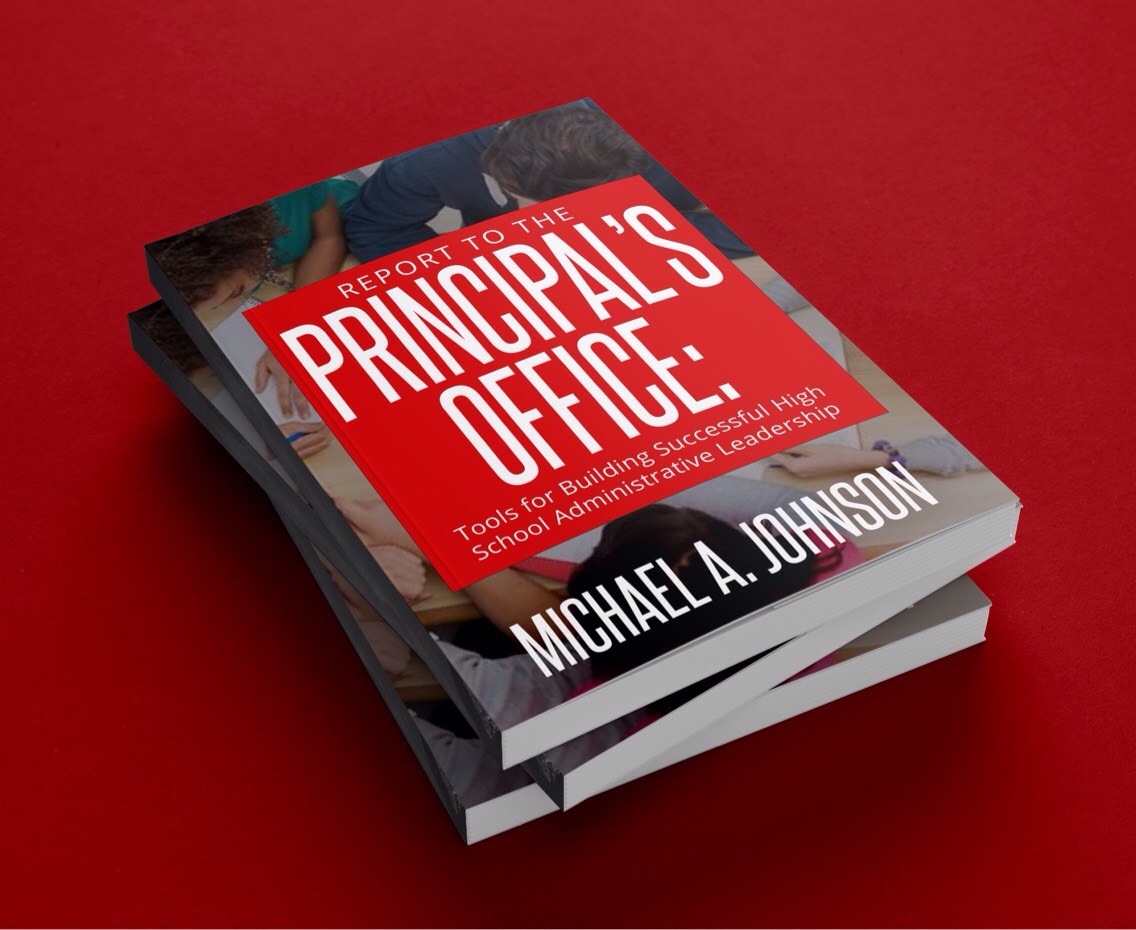“Megachurch Pastor Accused Of Defrauding People Out Of More Than $1 Million…”
“The SEC says that between April 2013 and August 2014, Caldwell and Smith allegedly convinced 29 people, many of them “vulnerable and elderly,” to invest more than $1 million in bonds issued by the former Republic of China.”–Huffington Post*
Putting aside the cynical, callous and cruel behavior here, and the fact that many of the betrayed were probably very trusting elders; I had another thought:
It really bothers me when I read that someone has (proudly) posted on a social media platform, something to the effect of: “I learned a lot of things in school that I will never use in ‘real life’!” This is perhaps one of the most uninformed proclamations in existence. And I do a ‘double-cringe’ when in those rare moments it is one of my former students (where did I go wrong!) But in fairness to these misconstruing ‘proud proclaimers’, like many of our citizens, political and civic leaders, they confuse attending school, with understanding the theoretical concepts that undergird education and learning, or what we in the profession call the science of pedagogy. Attending school for 13 years can give one some very valid observations and opinions about schooling. But that fact alone does not transform you into a professional educator. It is like saying: “I am an architect, because I have always lived in a house!”
The average citizen, understandably, never fully understands how skills, knowledge and competencies are systematically and sequentially built, in sync with human developmental psychology, over the learning life of a human being. Or, the links between formal and informal education, language and thinking, playing and learning, how pre-reading skills are transformed later into advance analytical-critical reading skills. It is the important evolutionary ‘how’ of writing a graduate Sociology doctoral dissertation, or successfully completing a college course in ‘calculus for engineers’, that begins in the concepts and skills learned in pre-K, kindergarten, and then continues to converge and build on itself through elementary, middle and high school learning.
In fact when we speak of: “learning or achievement gaps”; we are in part speaking of children being pushed into a new learning environment (grade-school, and in the case of high school college, or the workforce), unprepared to properly engage the new situational academic requirements; because the student did not learn or master (was not taught) the skills and concepts in the previous learning situation that will allow them to comprehend and confidently engage the new information and competencies. This is true in part or whole, because the ‘new learning’ is based on the structural elements of the previous learning.
There are also ‘cross-curriculum’ correlated skills requirements that profoundly effective learning. If in a previous grade or school a child has not mastered the course appropriate grade level required English Language Arts (ELA) skills: struggling to: read, write, speak or listen effectively; then they will struggle in trying to engage other non-ELA subject areas (history, foreign language, science, mathematics, etc.), when trying to ‘listen-learn’ in response to verbal instruction’, take notes, use a textbook, write an essay, study, successfully answer short or extended responses (essays) test questions. Even as they may have the ‘brain capacity’ to do exceptionally well in those subject areas. There is a real and terrible ‘gap’ between some student’s capabilities, and their ‘real abilities’ to properly engage school work that gets harder as they get older; a ‘gap’ between interest, and the level of prerequisite skills they may bring to the next-higher level school, or class/course.
That is why when you talk to high school students who are avoiding advance science and mathematics classes, they will still say that they like and would want to engage these courses, “but…” Which translates into: But if only they could effectively compete (and not have their deficiencies revealed) with other students.
What you don’t learn (and learn well) in K-12 school, can and will hurt you!
A lot of students are excluded from pursuing a Science, Technology, Engineering and Mathematics (STEM) career, because they did not master (not just pass) algebra in high school, and they did not master algebra because they did not master (was just passed on to the next grade) elementary school arithmetic, or middle school pre-algebra mathematics skills. Many of these students could, and would love to pursue a STEM path, if only their K-8 mathematics (pre-algebra) deficiencies, and then their high school algebra insufficiencies, did not weaken their competence and confidence in taking on these advance STEM courses.
All that we learn (or should have learned) in our K-12 school experience serves as either the foundational prerequisite of, and/or the connection to greater learning opportunities, both in schools as well as in life. And that is why without a radical, innovative and dynamic school leadership intervention plan**, that disrupts the educational status qua; all potential US college STEM majors will be selected (or deselected) somewhere between Kindergarten and the 3rd grade! And that’s for mathematics, if the child reaching third grade can’t read somewhere around a 3rd grade reading level, then they may be headed for some other serious future societal problems unrelated to obtaining a STEM career as an adult.
And so, this is why I often suggest that just about every problem we face in our nation is in some significant way connected to education. And more specifically, to what people were taught poorly, or not taught at all, in their K-12 school learning experience.
Thus, a few questions that emerged for me as I read this HuffPost article were:
Wait, you mean in a church of 16,000 people, not one person took a Global/World History class in high school where they learned that the “Republic Of China” was dissolved in 1949, and transformed into the People’s Republic of China? And where were those critical K-12 English Language Arts skills that would help at least a few church members to notice that the essential word “People’s” was missing from the bonds! And what about those K-12 school science courses that should have nurtured inquisitiveness skills, assisted by the acquired high school library research skills, (and perhaps even a high school economics course), that would have pushed some curious congregant to investigate the ‘bonds’ past performance; and then found out that they did not have a past!
You mean not one person raised their hand to say: “Excuse me pastor, I don’t mean no disrespect, but I have a question. I learned in my high school World History class that the ‘Republic of China’ no longer exist, then aren’t these bonds worthless?”
Yes, our public schools are in need of a lot of ‘corrective actions’. And, it also true that our: in need of much repair national education system does more harm to some students than to others. But our present K-12 curriculum behavioral and conceptual objectives are a good place to start the change process. For contrary to what is projected by many of our well-meaning, and well-organized parents and educators, a “National Common Core Curriculum & Standards” already exist, and it is tested by performances on yes, Standardized Exams like the: AP, SAT, ACT, GRE, MCAT, LSAT, PRAXIS, etc. … as well as showing up on a countless number of other professional career certification exams and degree requirements.
The above future career aspiration ‘academic gates’, will more likely grant access to students who have been exposed to a rigorous K-12 academic learning standards curriculum, high expectations, high quality school building leadership, and a consistent (year after year) effective and efficacious classroom Instructional experience. These National not Common for all Core Standards of learning are required, if the child is to make it onto the path of the least academic obstruction and hindrance in pursuing a professional career in anything, from an Accountant to a Zoologist.
A rich, strong and substantial K-12 educational experience is, but is not only about, a future college major and a career. It is also about becoming a better person, a more thoughtful, inquisitive, reflective, and questioning citizen and human being (and with the above example, a better and more discerning pew sitter).
And so, if our present not so perfect common core of rigorous standards and curricula, could at a minimum be equally distributed, taught and learned effectively by a wider segment of US children, they would be better prepared to become successful post high school adults. Even if they miss, or misunderstood the point that what they learned in their K-12 experience was of life-long value. It would also protect Americans from those who would seek to take advantage of what those citizens did not learn in their K-12 schooling; whether those evil misleaders operated from the pulpit or the White House.
*“Megachurch Pastor Accused Of Defrauding People Out Of More Than $1 Million…”-Huffington Post: https://www.huffingtonpost.com/entry/kirbyjon-caldwell-accused-of-defrauding-people_us_5abe40fce4b0f112dc9bae2d
**Michael A. Johnson is a former high school principal and superintendent. His book: *Report To The Principal’s Office: Tools for building Successful High School Administrative Leadership will be released in the Spring of 2018. http://reporttotheprincipalsoffice.net/

